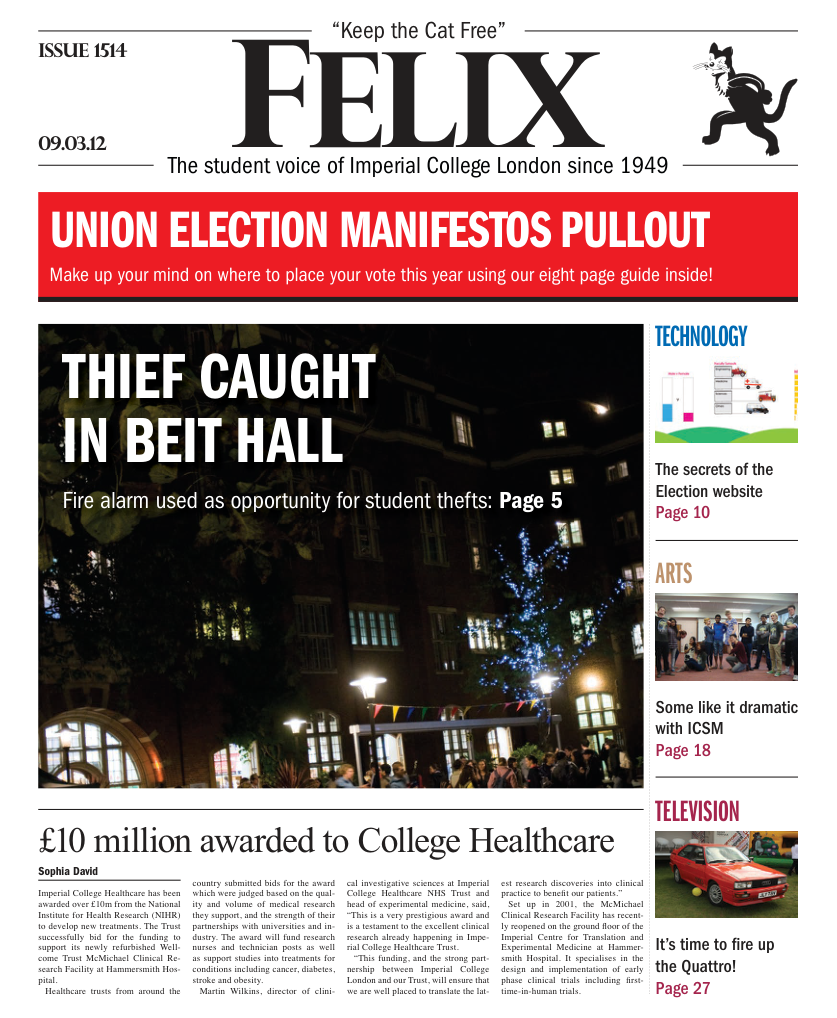A Handmaid's Tale
Margaret Atwood creates a powerful novel with an equally well-developed protagonist

Margaret Atwood’s The Handmaid’s Tale often appears on people’s lists of recommended novels. Unfortunately, I have a somewhat bad record at reading must-read books so I only picked it up last week. Perhaps, however, I should begin to pay more attention to such highly recommended books since The Handmaid’s Tale is honestly one of the best books I have ever read.
Set in the near future where a crisis brought on by mass infertility has allowed a Christian fundamentalist government to take over the USA, renaming it the Republic of Gilead, the novel follows Offred whose only worth to the regime, as a low class but fertile woman, is, in her own words, “a womb on legs”.
This is a chilling and bleakly believable tale of life under an oppressive totalitarian and fundamentalist regime. One of the most famous quotes from the novel is “nolite te bastardes carborundorum” but the fact is that we see everybody, even those who have positions of power or who the reader had thought were strong, being ground and broken down by the harsh societal and political climate.
The focus is of course on Offred – stripped of her family, her identity and even her old name – now referred to only by the name of the man to whom she is providing her services. While forced to maintain a quiet and pious outer demeanour through her first person narration we see her desperate struggle to maintain her identity, and hope for a better future, despite all that surrounds her.
The true strength of the book is its language and narrative style. Offred’s account is structured as if she were directly addressing the reader. There is a great deal of nonlinearity as she goes off on a tangent or remembers something important from the past. This makes us feel like we’re in her head – making everything feel more real and immediate. She begins to feel like a real person so we can’t help but feel for her.
This is a powerful novel that works on every level. Atwood is a masterful author and I thoroughly recommend that you check this and her other work out.







